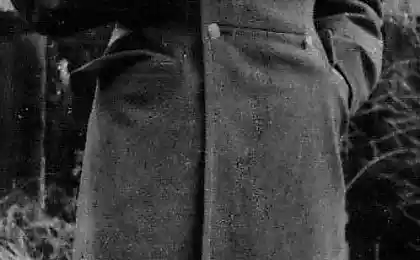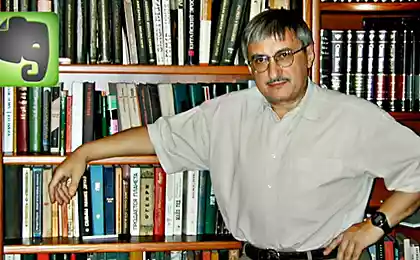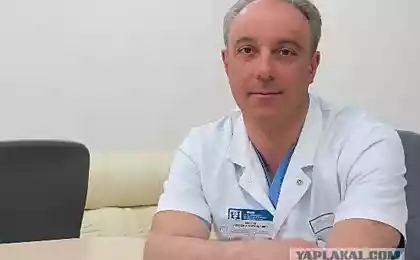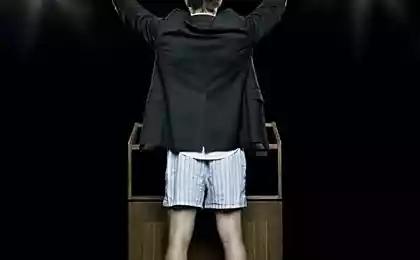821
What awaits us beyond
Scientists have studied the work of consciousness during clinical death
The largest study to date and near-death OBE experience has shown that on some level of consciousness is retained even after a full "off" of the brain.
University of Southampton in the four years studied over two thousand patients who survived cardiac arrest in 15 hospitals in Austria, the UK and the US.
40 percent of survivors reported experiencing consciousness during clinical death, preceded the restoration of cardiac activity. Of 2060 patients who experienced cardiac arrest survived 330 people and 140 of them reported a conscious experience in a state of resuscitation.
In the stories of patients found several leitmotifs. One in five has experienced a sense of peace, and nearly one-third of respondents indicated an acceleration or deceleration time. Someone talked about the bright light, someone - about the experience of diving. 13 percent of patients have described the experience of separation from the body.
For example, a 57-year-old social worker from the UK, in a state of clinical death, watching what is happening in the operating side and was able to describe in detail all personnel actions and sounds of medical equipment.
"The activity of consciousness lasted all of three minutes, when the heart is not beating - although the brain is usually switched off after 20-30 seconds after stopping the body.
Patient hear two beeps the unit, feed them at intervals of three minutes, so we have determined the duration of near-death experience "- says study leader Sam Man (Sam Parnia).
According to Dr. Man, so many people have gone through this kind of experience, but the drugs used during resuscitation (especially sedatives) do not allow them to remember it after surgery.
lenta.ru/news/2014/10/07/neardeath/
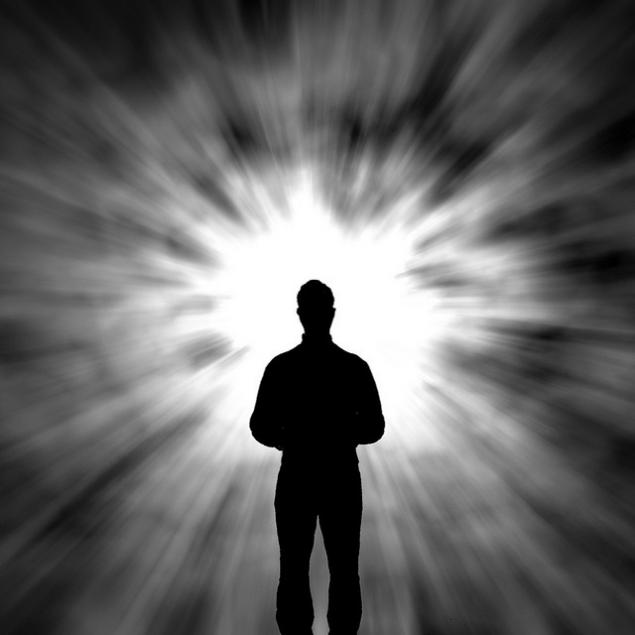
The largest study to date and near-death OBE experience has shown that on some level of consciousness is retained even after a full "off" of the brain.
University of Southampton in the four years studied over two thousand patients who survived cardiac arrest in 15 hospitals in Austria, the UK and the US.
40 percent of survivors reported experiencing consciousness during clinical death, preceded the restoration of cardiac activity. Of 2060 patients who experienced cardiac arrest survived 330 people and 140 of them reported a conscious experience in a state of resuscitation.
In the stories of patients found several leitmotifs. One in five has experienced a sense of peace, and nearly one-third of respondents indicated an acceleration or deceleration time. Someone talked about the bright light, someone - about the experience of diving. 13 percent of patients have described the experience of separation from the body.
For example, a 57-year-old social worker from the UK, in a state of clinical death, watching what is happening in the operating side and was able to describe in detail all personnel actions and sounds of medical equipment.
"The activity of consciousness lasted all of three minutes, when the heart is not beating - although the brain is usually switched off after 20-30 seconds after stopping the body.
Patient hear two beeps the unit, feed them at intervals of three minutes, so we have determined the duration of near-death experience "- says study leader Sam Man (Sam Parnia).
According to Dr. Man, so many people have gone through this kind of experience, but the drugs used during resuscitation (especially sedatives) do not allow them to remember it after surgery.
lenta.ru/news/2014/10/07/neardeath/



